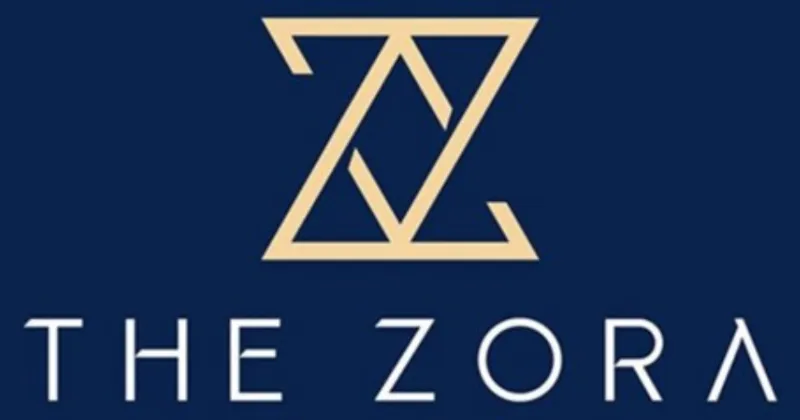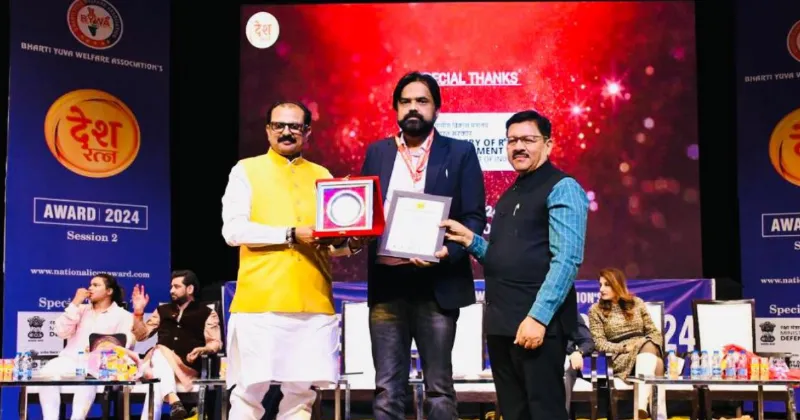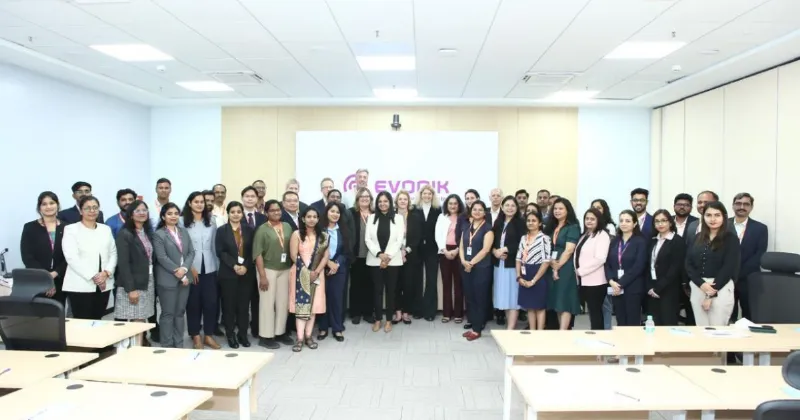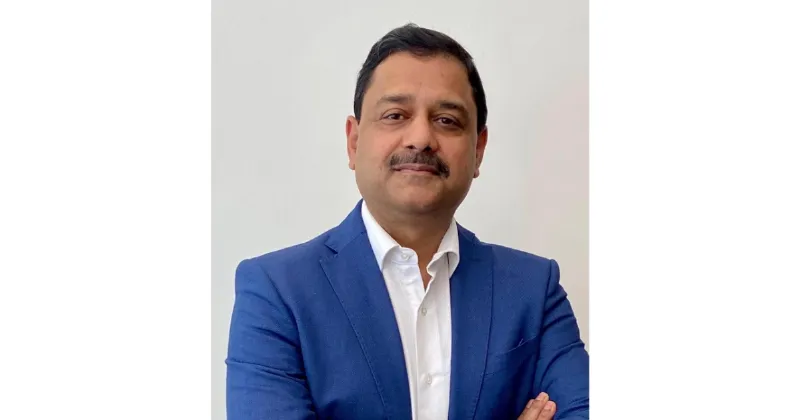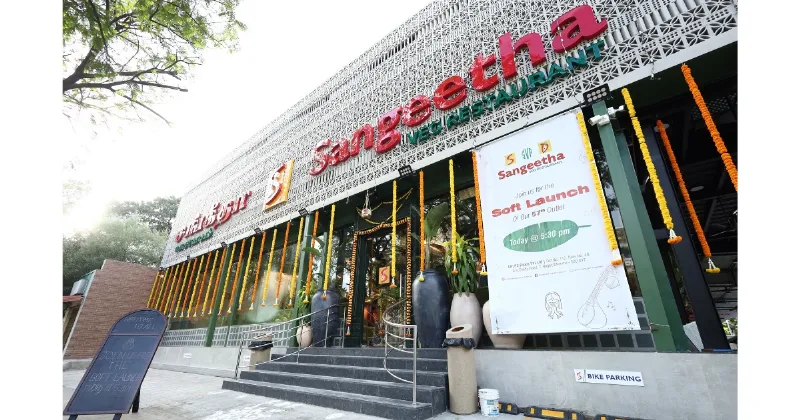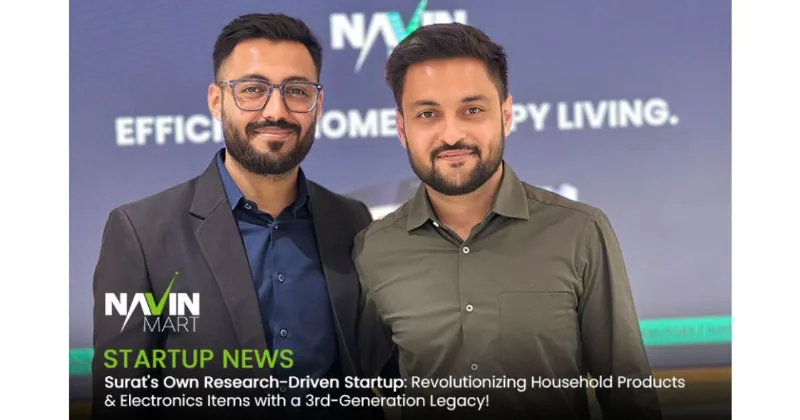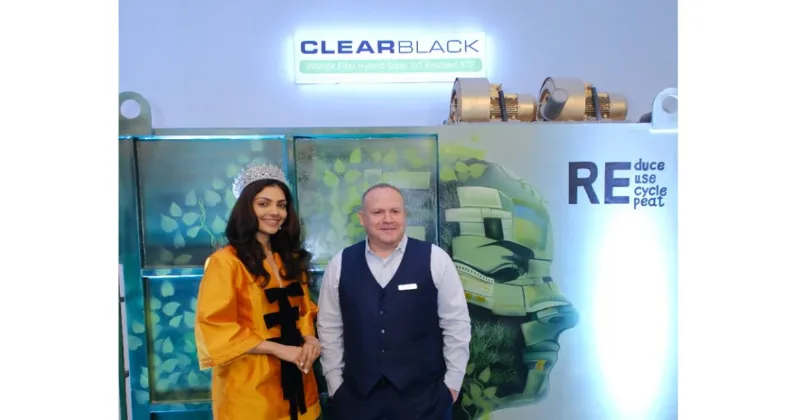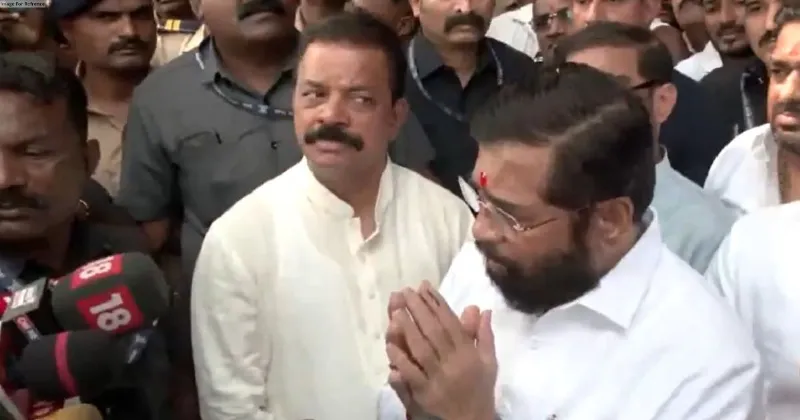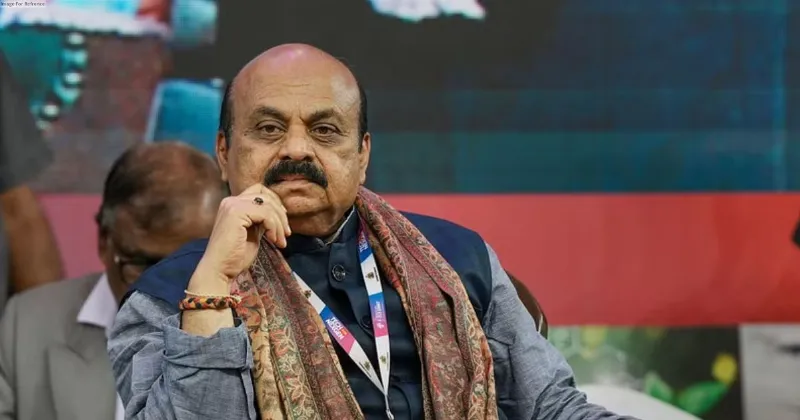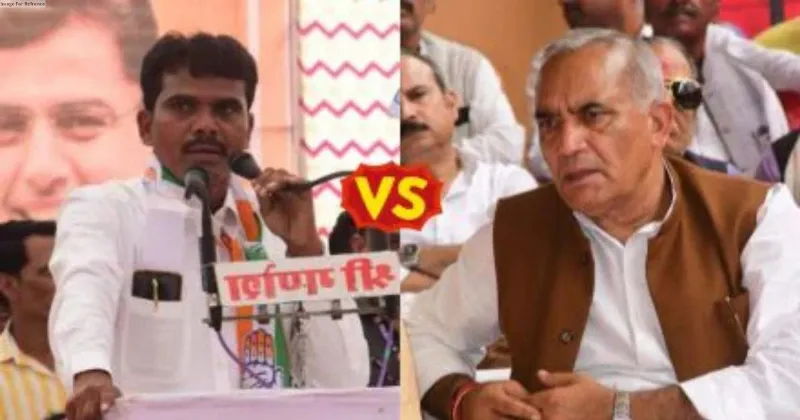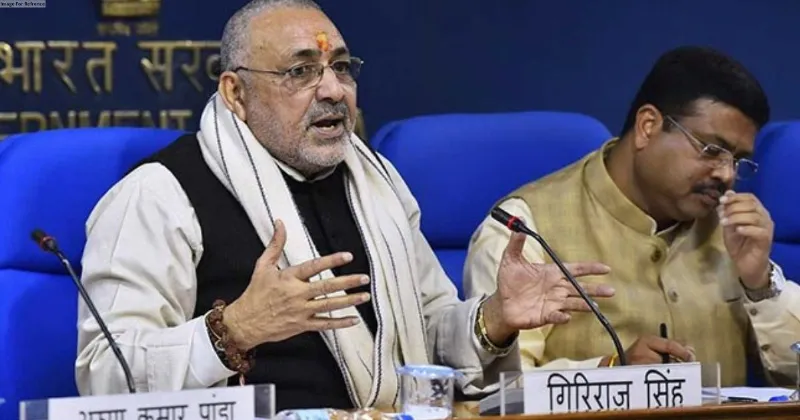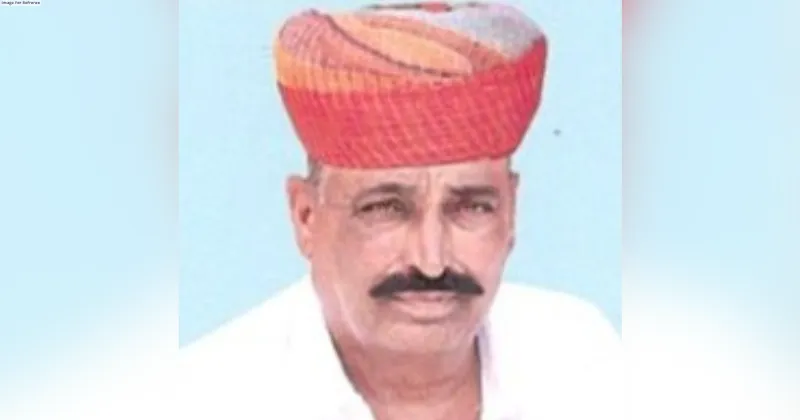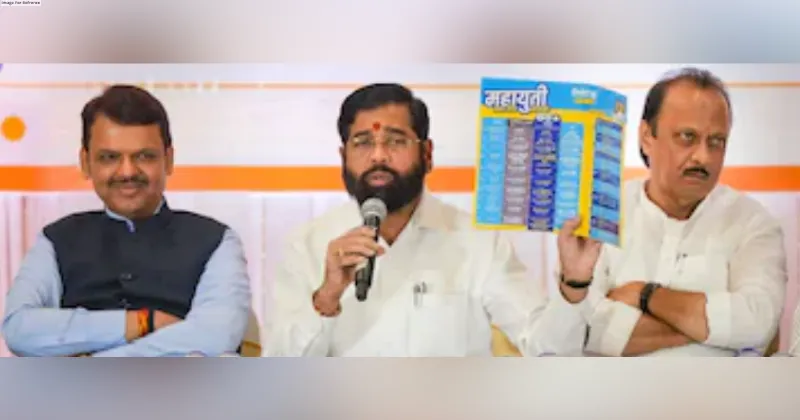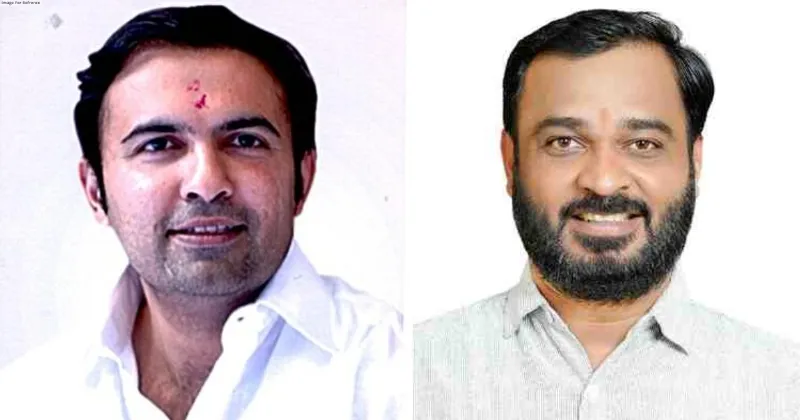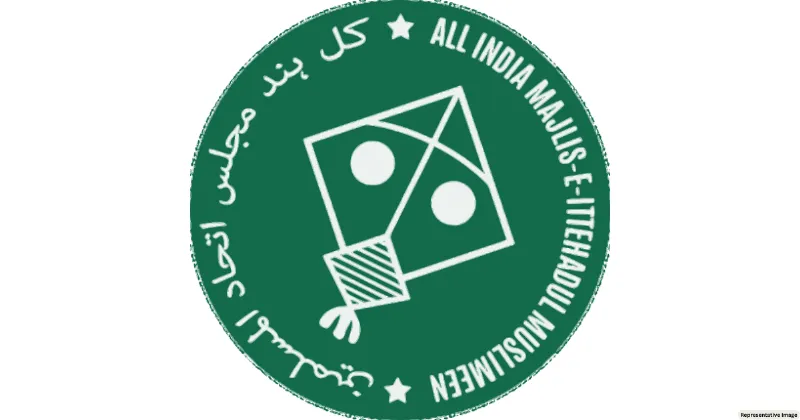Latest News
Ashoka University Founders talk about New Trends and Developments in Higher Education
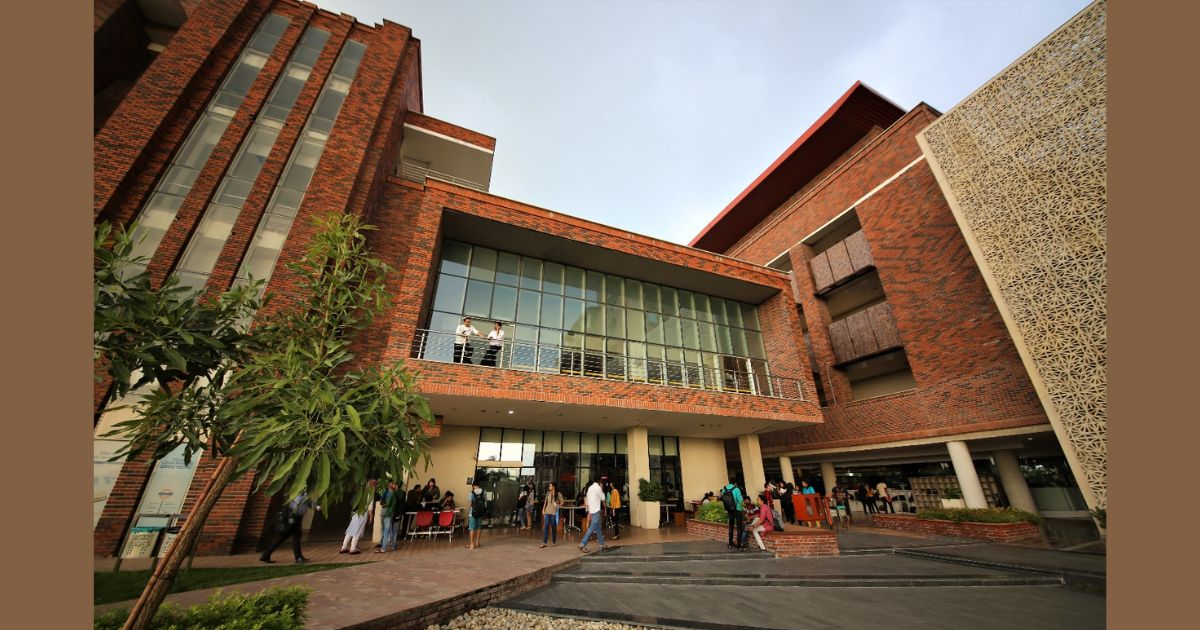
New Delhi: Higher education is at the cusp of transformative change as we step into the future. With technological advancements, evolving student needs, and a changing global landscape, the landscape of higher education is shifting. Over the past few years, industry recruiters have raised concerns about a significant skills gap within the workforce, as documented in SHRM's 2019 report. Higher educational institutions must stay attuned to prevailing trends to ensure that their curricula align with the demands of the job market, so as to maintain a competitive edge.
Personalized Learning:
One of the most prominent trends in higher education is the move toward personalized learning experiences. Institutions are leveraging technology to tailor education to individual student needs. Adaptive learning systems, AI-driven personalized recommendations, and flexible course structures are becoming the norm. This shift ensures that each student's educational journey is uniquely suited to their strengths and weaknesses. Vineet Gupta, one of the Ashoka University Founders asserts, “By giving students choice over their own learning paths, personalized learning makes for a more interesting and productive educational experience. We can better fulfil the different requirements and objectives of our students by customizing the learning experience, enabling them to realize their full potential and thrive in their future careers.”
Online and Hybrid Learning Models:
The COVID-19 pandemic accelerated the adoption of online and hybrid learning models, and these trends are here to stay. Universities are investing in sophisticated virtual classrooms and learning management systems. This offers students greater flexibility and access to courses from around the world.
Lifelong Learning:
The concept of lifelong learning has gained prominence as the workforce undergoes rapid changes. Universities are now providing opportunities for continuous learning in both physical and virtual formats, allowing individuals to upskill and reskill throughout their careers. This approach ensures that the individual remains relevant in an ever-changing job market.
Ashoka University provides a range of lifelong learning programmes tailored to different career stages. Students have the option to select from undergraduate, postgraduate, master's, and YIF programmes, as well as executive education programmes tailored for busy professionals. Acknowledging the importance of keeping working professionals updated with the latest research for addressing 21st-century challenges, Ashoka University Founders promoted AshokaX, a platform offering professional certificate courses aimed at deepening expertise in specific disciplines. AshokaX Online Certificates are rigorous academic courses designed for dedicated young adults and working professionals.
Interdisciplinary Education:
To prepare students for the complex challenges of the future, interdisciplinary education is on the rise. This approach encourages students to bridge the gap between different fields of study, fostering creativity and problem-solving skills. Universities are breaking down traditional silos to promote collaboration among departments, with the objective of evolving new knowledge and solving real-world problems.
Sustainability and global engagement:
With increasing environmental concerns and ethical dilemmas, higher education is emphasizing sustainability and ethics in curricula. Students are encouraged to think critically about the impact of their actions and decisions on society and the environment. Institutions are also incorporating sustainable practices into campus infrastructure.
Along with that, universities are fostering international partnerships and exchange programmes, providing students with a global perspective. This not only enhances cultural understanding but also prepares graduates for a global job market. UNESCO has launched the Global Citizenship Education (GCED) initiative to promote the integration of such concepts into education systems worldwide. Ashoka University has entered into Memoranda of Understanding (MoU) with several leading institutions across the world. These collaborative agreements not only broaden the scope of research, but also facilitate the creation of student exchange programmes and other opportunities.
Micro-credentials and Digital Badges:
Traditional degrees are being complemented by micro-credentials and digital badges. These bite-sized certifications validate specific skills and competencies, allowing students to showcase their expertise to potential employers. This trend aligns education more closely with industry needs.
Virtual Reality (VR) and Augmented Reality (AR):
Virtual reality and augmented reality are revolutionizing education by providing immersive learning experiences. Science labs, historical reenactments, and architectural designs can all be explored in virtual environments. This technology enhances student engagement and comprehension.
Entrepreneurship and Innovation:
Higher education institutions are fostering entrepreneurship and innovation ecosystems. Incubators, accelerators, and innovation centres are becoming commonplace on campuses. Students are encouraged to develop entrepreneurial skills, creating a new generation of innovators. Ashoka University Founders Vineet Gupta, Pramath Sinha, Pranav Gupta, Ashish Dhawan, and Sanjeev Bikhchandani envisioned Ashoka University as a place that would be open to fresh perspectives on the real world. In pursuit of this vision, the university established the InfoEdge Centre for Entrepreneurship (CFE) with the primary objective of nurturing an entrepreneurial mindset on campus and cultivate leaders capable of driving positive social change as they identify opportunities and create their own ventures, which are fundamental principles of entrepreneurship. Leveraging the entrepreneurial experiences of its founders, Ashoka University set itself apart from other private institutions in India.
The future of higher education is a dynamic landscape marked by innovation and adaptability. It's clear that higher education is committed to preparing students not just for a career, but for a lifetime of learning and problem-solving. These trends often intertwine and complement each other, creating a holistic educational experience.
Vineet Gupta says, “The future of higher education is about empowering individuals to become lifelong learners and global citizens. These trends and developments exemplify our collective commitment to achieving this vision, ensuring that the next generation of learners will be well-equipped to face the challenges and opportunities of tomorrow.”

